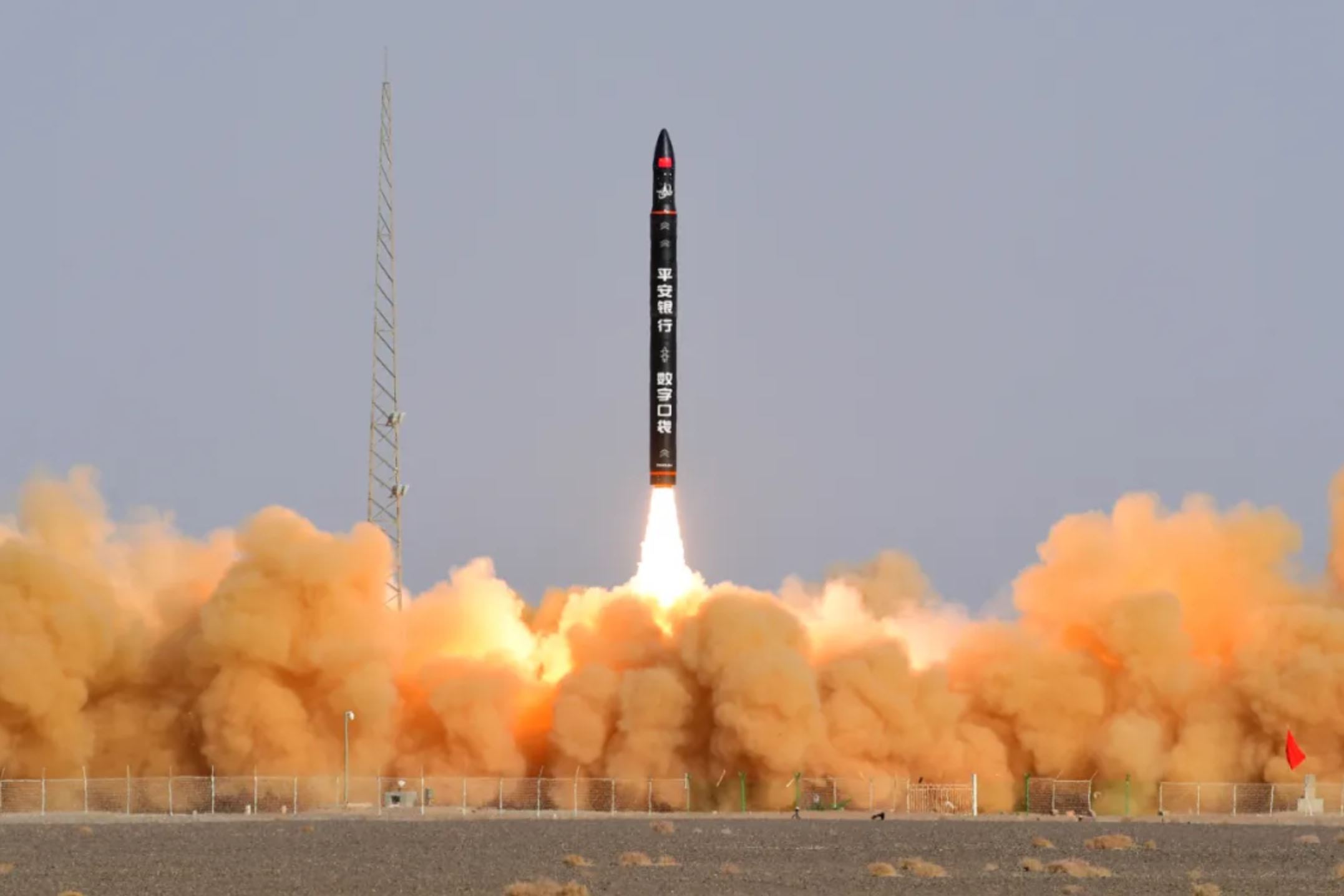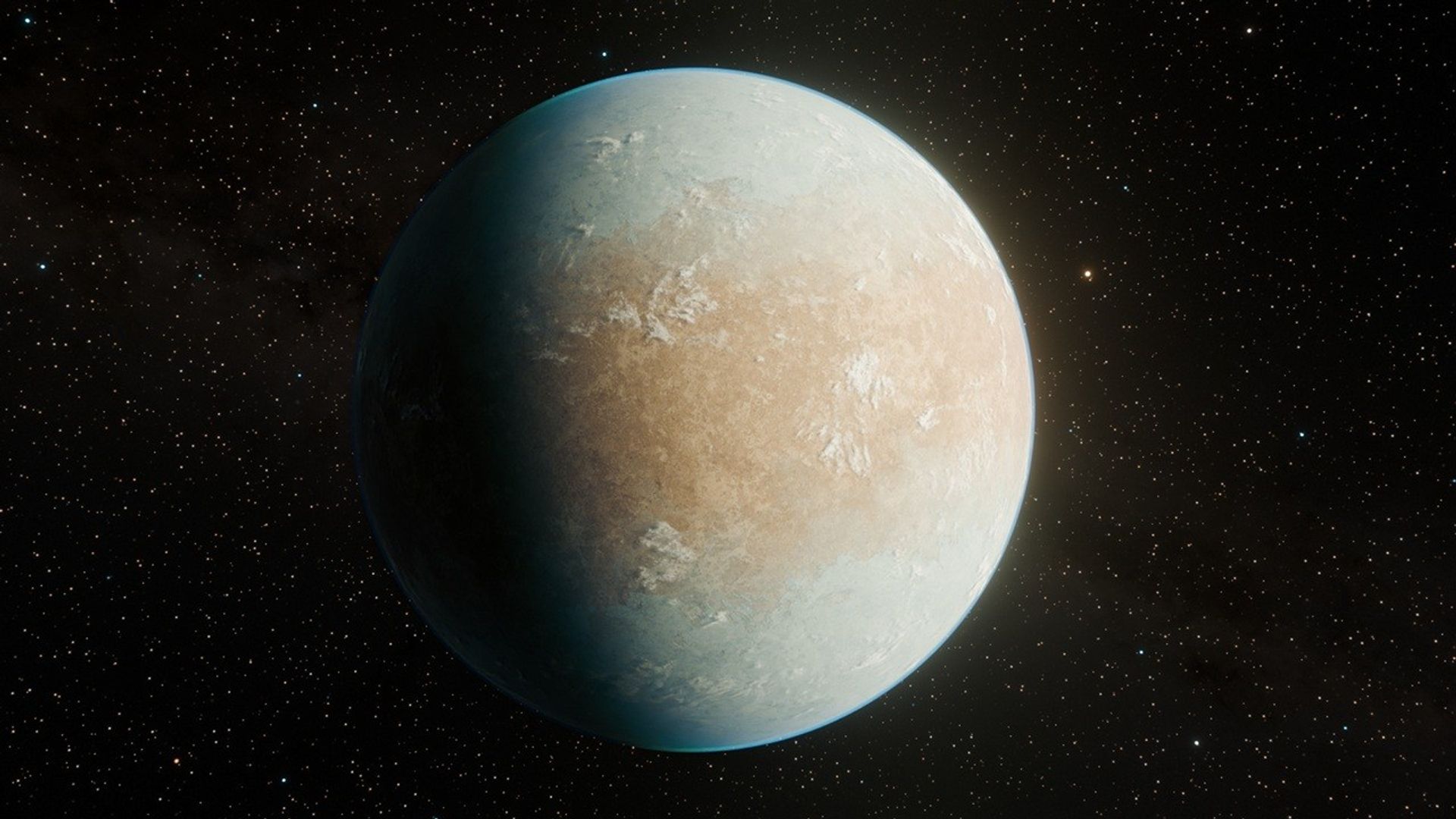Chinese startup aims to debut new reusable rocket next year
Galactic Energy hopes to make its mark with the Pallas 1.

Breaking space news, the latest updates on rocket launches, skywatching events and more!
You are now subscribed
Your newsletter sign-up was successful
Want to add more newsletters?

Delivered daily
Daily Newsletter
Breaking space news, the latest updates on rocket launches, skywatching events and more!

Once a month
Watch This Space
Sign up to our monthly entertainment newsletter to keep up with all our coverage of the latest sci-fi and space movies, tv shows, games and books.

Once a week
Night Sky This Week
Discover this week's must-see night sky events, moon phases, and stunning astrophotos. Sign up for our skywatching newsletter and explore the universe with us!

Twice a month
Strange New Words
Space.com's Sci-Fi Reader's Club. Read a sci-fi short story every month and join a virtual community of fellow science fiction fans!
A Chinese launch startup is making moves toward launching its small Falcon 9-like rocket.
Galactic Energy was established in 2018 and is already working toward a test launch of its Pallas 1 rocket. Powered by the company's own Cangqiong kerosene-liquid oxygen engines, Pallas 1 will be capable of carrying 11,000 pounds (5,000 kilograms) of payload to low Earth orbit.
The startup has already made a name for itself by successfully developing and launching a light-lift solid-fueled rocket named Ceres 1. Each of the five Ceres 1 launches so far, starting in November 2020, have been successful, marking an impressive start for the company.
Related: The latest news about China's space program
However, Galactic Energy is hoping to make a real breakthrough with the liquid-propellant Pallas 1. A clip recently released by Galactic Energy shows the rocket body for the single-stick Pallas 1 at the company's facilities.
Also shown is a model of a "triple core" version, much like the SpaceX Falcon Heavy, which is expected to follow the single-stick Pallas 1 in years to come.
The Pallas 1 medium-lift launch vehicle, however, presents a set of much larger challenges than the solid Ceres 1. The new rocket uses kerosene and liquid oxygen, requiring much more complex engines.
Breaking space news, the latest updates on rocket launches, skywatching events and more!
Pallas 1 is also designed to be reusable, which means the company will need to overcome the difficulties of not only getting a payload to orbit, but also guiding the first stage toward a fixed point back on Earth, restarting the engines and sticking a propulsive landing.
👀 Pallas-1, debut planned for 2024 https://t.co/KjX7FJjoJQ pic.twitter.com/6e8l5MlyFyMay 1, 2023
Galactic Energy last year raised $200 million for the development of the Pallas 1.
China has yet to develop a reusable rocket. Only the U.S. companies SpaceX (orbital) and Blue Origin (suborbital) have so far managed to land and reuse rockets.
Galactic Energy faces competition in China from other private startups developing reusable liquid-propellant rockets. These include Landspace with the Zhuque 2, iSpace and its Hyperbola 2, Deep Blue Aerospace, CAS Space and Space Pioneer.
Follow us on Twitter @Spacedotcom or on Facebook.

Andrew is a freelance space journalist with a focus on reporting on China's rapidly growing space sector. He began writing for Space.com in 2019 and writes for SpaceNews, IEEE Spectrum, National Geographic, Sky & Telescope, New Scientist and others. Andrew first caught the space bug when, as a youngster, he saw Voyager images of other worlds in our solar system for the first time. Away from space, Andrew enjoys trail running in the forests of Finland. You can follow him on Twitter @AJ_FI.
